Share
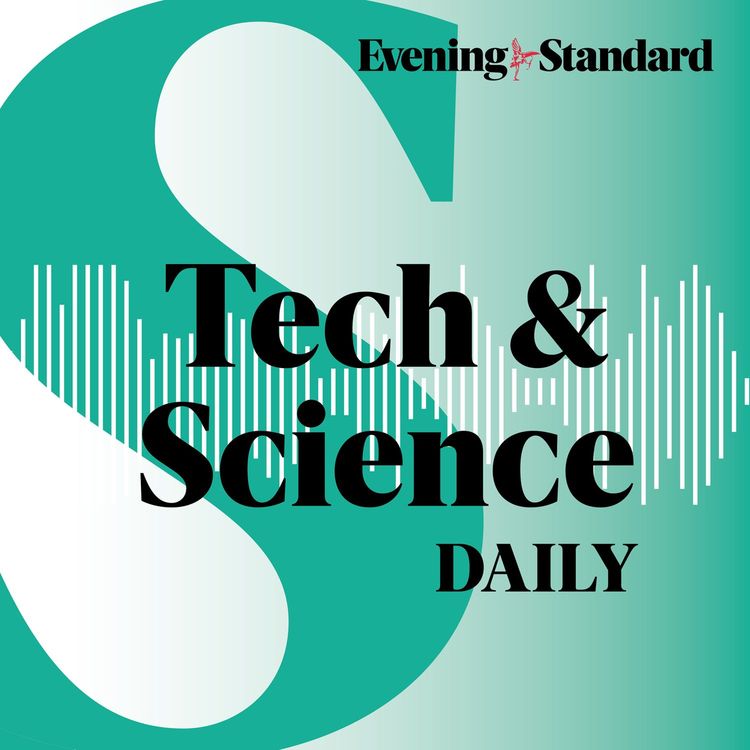
Tech and Science Daily | The Standard
Brazil bird flu: Six-month emergency declared
Season 1
•
Brazil’s government declares a six-month state of animal health emergency after its first detection of the highly virulent avian influenza in wild birds. Fake viral AI image showing ‘Pentagon blast’ hits stock market. World’s first AI ballet...but can it Plié?
Also in this episode:
- Two billion people ‘exposed to dangerous heat by 2100’.
- Why F1 drivers blink at same place in race.
- Ancient galaxy built around supermassive black hole.
- Space project test to decode alien messages.
More episodes
View all episodes
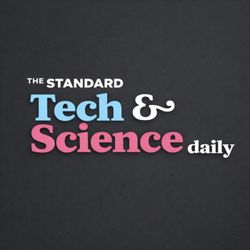
TfL ticketing tech shake-up, UCL’s sound-reacting humanoid robots, and AMD’s modular PC hints
06:20||Season 1Today on Tech and Science Daily from The Standard, Alan Leer coversTfL’s ticketing tech getting a major operational change, UCL robots learning to react to sound in real time, and we round up UK robotics policy, AMD’s CES reveals, a Final Fantasy VII update, and the latest Android 16 beta fixes.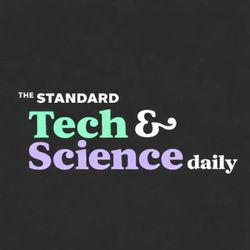
Whooping Cough Vaccine Breakthrough, TfL Pedicab Crackdown, and UK Fusion Manufacturing Push
07:24||Season 1Today on Tech and Science Daily from The Standard, London researchers share new findings on how whooping cough vaccination during pregnancy can protect infants at the upper airway, TfL edges closer to regulating pedicabs in 2026, and a UK fusion-focused manufacturing initiative targets a key materials challenge using multi-metal 3D printing. Plus: why flu activity remains elevated in early 2026, a major gaming mod shutdown, and what Apple’s iOS 26.3 beta 2 means for iPhone users in Europe.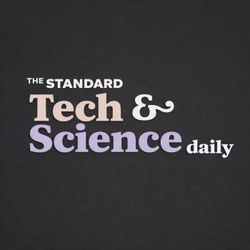
Piers Linney MBE on AI’s “Make-or-Break” 2026, UK Digital ID U-Turn, Animal Crossing 3.0 Drops
11:34||Season 1Today on Tech and Science Daily from The Standard, former Dragon’s Den investor Piers Linney joins Alan Leer to unpack new Tech Show London research on why AI spending is rising in UK business but implementation is lagging — and whether 2026 is make-or-break for the AI boom. Plus, the UK government reportedly rolls back the mandatory element of digital ID right-to-work plans, Animal Crossing: New Horizons drops its free 3.0 update early ahead of a Switch 2 edition launch, and London phone brand Nothing warns that memory chip costs could push smartphone prices higher in 2026.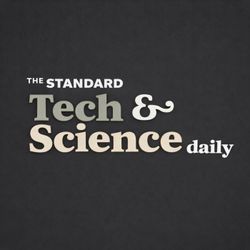
UCL brain-scan breakthrough, primate bonding study, UK food label push, NASA ISS medical return, and Star Wars Outlaws on Game Pass
06:16||Season 1Today on Tech and Science Daily from The Standard, Alan Leer covers new UCL brain imaging research separating Parkinson’s from Lewy body dementia, an Imperial-linked primate study on bonding behaviours, Which? calling for mandatory front-of-pack nutrition labels in the UK, NASA’s early ISS Crew-11 return after a medical issue, plus Star Wars Outlaws landing on Xbox Game Pass and the latest Android security updates.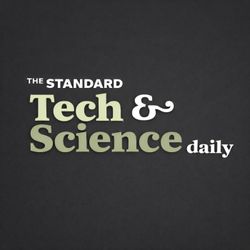
Moorfields eye injection breakthrough, UCL Alzheimer’s gene focus, Brazil probes WhatsApp Business, Hytale early access, Minecraft “cutest drop”
06:22||Season 1Today on Tech and Science Daily from The Standard, Alan Leer covers a London breakthrough from Moorfields and UCL using a routine eye-surgery gel injection to restore sight in rare hypotony cases, plus new UCL Alzheimer’s research on APOE gene risk, Brazil’s probe into WhatsApp Business terms, Hytale’s early access launch and Minecraft’s “cutest drop” tease. Plus a little bit for Genshin fans tooYou'll find all your latest news at Standard.co.uk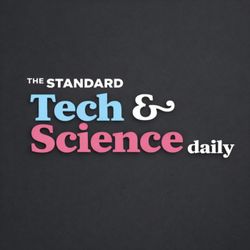
TfL and the driverless future, Paddington life-sciences mega-hub plans, and ARIA’s Arctic sea-ice experiment
07:39||Season 1Today on Tech and Science Daily from The Standard, we look at fresh plans for a major clinical life sciences building next to St Mary’s Hospital in Paddington, TfL’s evolving role in how driverless vehicles could operate on London streets, and ARIA’s update on real-world field research into “re-thickening” Arctic sea ice. Plus: a London council cyber warning, what Reuters says is coming in the EU’s Digital Networks Act, the New Game Plus gaming showcase, and the standout gadgets emerging from CES 2026.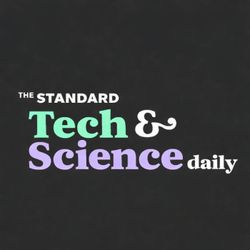
London EV charging dashboard, 3D movies of black holes, Xbox Developer_Direct, and CES smart home upgrades
11:46||Season 1Today on Tech and Science Daily from The Standard: London boroughs get a clearer view of EV charge point usage, Imperial-backed dementia studies move forward, and Professor Yves Wiaux explains to Alan Leer how AI is helping create 3D “movies” of black holes. Plus: Xbox sets a Developer_Direct date with Fable and Forza Horizon 6, and CES brings smarter Matter-friendly home tech — and an HP keyboard that’s also a full PC.
London epilepsy sleep app trial, Ofcom vs Grok on X, and Accenture buys Faculty
07:56||Season 1Today on Tech and Science Daily from The Standard, our host Alan Leer speaks about London researchers test a self-guided sleep web app for children with epilepsy, the UK piles pressure on X and xAI after Grok image-abuse concerns, and Accenture agrees to acquire London AI firm Faculty. Plus, CES 2026 foldable phone news, a major Valorant update, and the latest Xbox Game Pass additions. For the latest news visit Standard.co.uk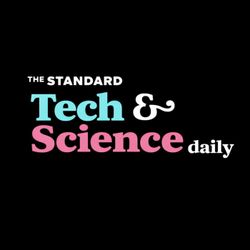
Freedom Pass review, UCL “beer-to-burger” cultivated meat breakthrough, and the UK’s new Cyber Action Plan
05:48||Season 1On today’s Tech and Science Daily from The Standard, London Councils reviews the Freedom Pass as costs rise, UCL scientists turn brewing waste into scaffolds for cultivated meat, and the UK unveils a new Cyber Action Plan to harden public services. Plus quick consumer security updates and a gaming last call. Find all the latest news at Standard.co.uk